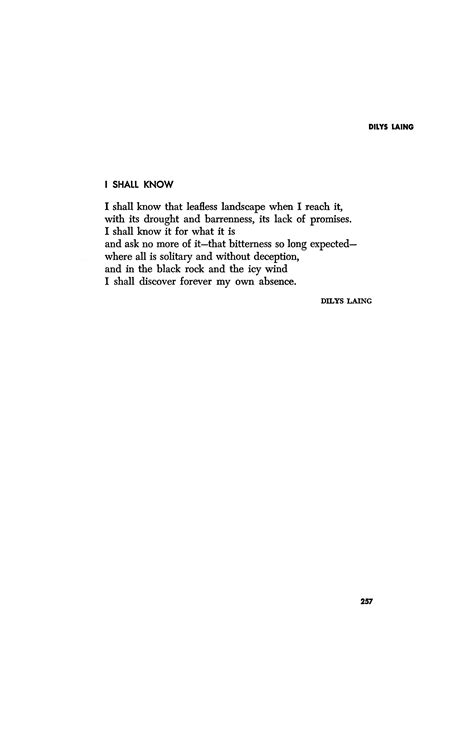Top 18 Odes Quotes & Sayings
Explore popular Odes quotes.
Last updated on November 25, 2024.
Nature gets credit which should in truth be reserved for ourselves: the rose for its scent, the nightingale for its song; and the sun for its radiance. The poets are entirely mistaken. They should address their lyrics to themselves and should turn them into odes of self congratulation on the excellence of the human mind.
Of what is lost, irretrievably lost, all I wish to recover is the daily availability of my writing, lines capable of grasping me by the hair and lifting me up when I'm at the end of my strength. (Significant, said the foreigner.) Odes to the human and the divine. Let my writing be like the verses of by Leopardi that Daniel Biga recited on a Nordic bridge to gird himself with courage.
I think that poets can say, "What we want is for everybody on earth to wake up free from fear and with access to medicine and clean water and education." But I don't think poets have any special insight on how to get there. And the 20th century is a pretty good record of that because so many of the great poets were Stalinists: Vallejo, Neruda, Eluard, Aragon, etc. They wrote their odes to Lenin and Stalin. They glorified some of the most violent and grotesque dictatorships of the 20th century. And a lot of the ones who were not Stalinists were fascists or fascist sympathizers.
Yet, she said to herself, form the dawn of time odes have been sung to love; wreaths heaped and roses; and if you asked nine people out of ten they would say they wanted nothing but this--love; while the women, judging from her own experience, would all the time be feeling, This is not what we want; there is nothing more tedious, puerile, and inhumane than this; yet it is also beautiful and necessary.
Shoes would interfere with her conversation, for she constantly addresses the ground under her feet. Asking forgiveness. Owning, disowning, recanting, recharting a hateful course of events to make sense of her complicity. We all are, I suppose. Trying to invent our version of the story. All human odes are essentially one, "My life; what I stole from history, and how I live with it.
Keats's odes are among my favorite poems ever. As are Neruda's. So yes, I think my poems are odes, though I really just see those titles as ways of more or less orienting the poem. I've never thought about this until now, but I guess you could say that one effect of all the titles, their pervasiveness in the book, might be to once again, as so many other things do, put into question the meaning of the word "for," which I suppose is one of the great human questions: what is all this for? Why, and for whom, are we doing whatever we are doing?
Poetry, even that of the loftiest, and seemingly, that of the wildest odes, [has] a logic of its own as severe as that of science; and more difficult, because more subtle, more complex, and dependent on more and more fugitive causes. In the truly great poets... there is a reason assignable, not only for every word, but for the position of every word.
A good poem is a tautology. It expands one word by adding a number which clarify it, thus making a new word which has never before been spoken. The seedword is always so ordinary that hardly anyone perceives it. Classical odes grow from and or because, romantic lyrics from but and if. Immature verses expand a personal pronoun ad nauseam, the greatest works bring glory to a common verb. Good poems, therefore, are always close to banality, over which, however, they tower like precipices.

















